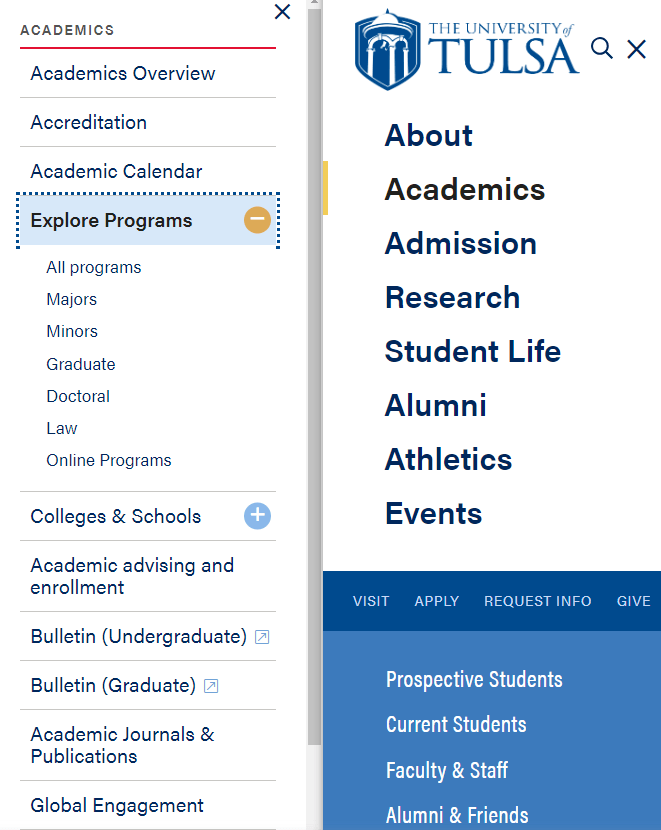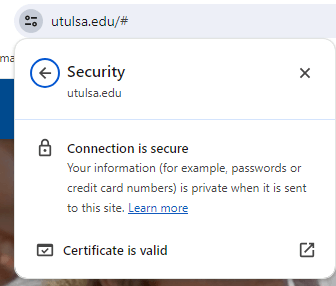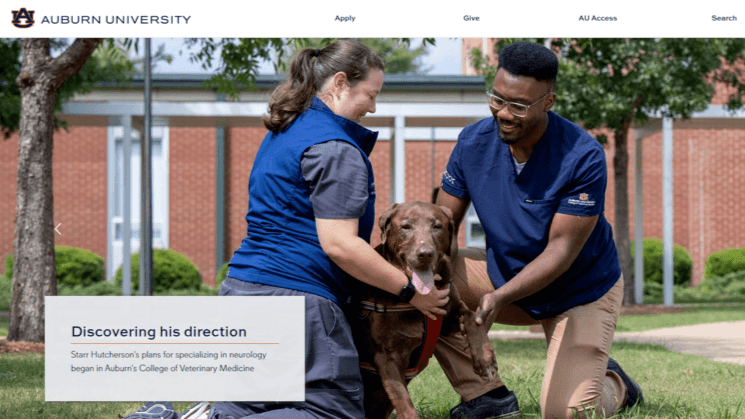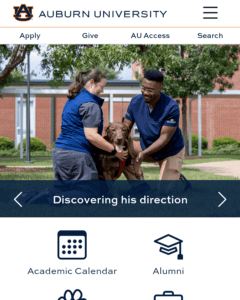As an educational institution, your purpose is to help people learn. But that doesn’t mean you can’t learn too! Keep reading to learn how to improve your search engine optimization (SEO) and use SEO for educational institutions to grow yours!
What is SEO for education?
SEO for education is a digital marketing strategy for schools, colleges, and other educational institutions that improves the organization’s online search visibility. Tasks include keyword research, content creation, internal linking, outreach, and more.
Why is education SEO important?
Education SEO is important because your target audience uses search to:
- Research problems, like nearby private schools
- Troubleshoot issues, like finding reputable colleges with online programs
- Solve problems, like requesting a demo for educational software
If your organization isn’t visible on the web, you’re invisible to users. That’s why SEO for educational institutions is so valuable — it helps your organization reach, educate, and convert users.
What metrics can education SEO improve?
Education SEO can improve several metrics, including:
- Qualified traffic
- Qualified leads and/or applicants
- Donations
- Enrollment
For a successful SEO program, it’s important to understand which metrics matter to your organization. If you’re focusing on traffic, but the organization is focusing on enrollment, you’ll have trouble demonstrating the impact and value of your SEO efforts.
How to get started with education SEO
Learn how to get started with education SEO for your school, college, or educational institution with these best practices:
- Target long-tail keywords on your site
- Create pages for different courses and degrees
- Use HTTPS on your site
- Host promo events
- Optimize your page speed
- Use responsive design
- Earn reputable backlinks
1. Target long-tail keywords on your site
One of the most important education SEO tactics is keyword targeting. By incorporating relevant keywords throughout your content, you help signal to Google which searches that content should rank in.
But don’t include just any keywords. First, they should be relevant to your school, college, or institution.
More than that, though, they should be predominantly long-tail keywords. Long-tail keywords are those that are several words long. For example, you could target “best private schools in Dallas” rather than “private school.”
The benefit of this tactic is that long-tail keywords are far more specific than short-tail ones. That means they help you reach a more precise audience, plus they tend to have far less competition in search results.
2. Create pages for different courses and degrees
Odds are, your school offers a variety of different classes and/or degrees. If that’s true, you’ll want to lay out all those options on your website. Otherwise, people will have no idea what their choices are.

The level of detail on these pages depends on how many options there are. If you only offer a handful of degrees, you can dedicate more time to each respective page.
On the other hand, let’s say you’re a large university that offers hundreds of classes.
Trying to flesh out an in-depth page about each of those classes would probably get overwhelming. In that case, you could offer a short summary of each one, or even group multiple class options together on each page (divided up by category).
However you do it, though, you should be sure to organize all those different options in a way that makes it easy for users to navigate those pages.
3. Use HTTPS on your site
Our next tip for improving SEO for schools and universities is a simple one: Use HTTPS on your website. HTTPS combines the standard website HTTP protocol with a secure sockets layer (SSL), adding a stronger layer of security to your website.

There are three major benefits to this.
First, HTTPS keeps your site more secure against the threat of malware, which could potentially compromise or damage your site if it made its way in. Second, it makes your site more appealing to users, who will feel safer browsing the site.
Finally — and most importantly when it comes to SEO — HTTPS makes your site more appealing to Google. That means you’ll be able to rank higher and attract more traffic to begin with.
4. Host promo events
Another way to improve SEO for education is to host promotional events at your school or university. At first glance, this may seem like a strange tip for SEO. How does hosting a physical event benefit your search presence?
The answer is that you can publish content about the event online. Better yet, depending on the nature of the event, you may be able to get some local news organizations to put out articles about the event. That gives you fresh content from your own site and other websites that are talking about you.
The events in question could range from an open house to a fundraising fair, among plenty of other options.
5. Optimize your page speed
One of the biggest ranking factors in Google is page speed. If a page takes too long to load, it’s going to rank much lower. Plus, even if your rankings weren’t affected, slow page speeds would still hurt your SEO because people would end up hitting the “back” button if your pages didn’t load quickly.
For both of those reasons, page speed optimization is a huge part of SEO for education. Ideally, your pages should take no more than three seconds to load.
So, how can you help them load faster? The answer is to implement the following steps:
- Minify code
- Limit redirects
- Compress images
- Cache web pages
By doing each of these things, you can improve your page load times, and your overall school or university SEO along with them.
6. Use responsive design
Another way to optimize your website for better SEO is to use responsive design, a common feature in web design services. Responsive design is a form of web design that rearranges the page elements to fit the screen where they appear. So, they’ll look one way on desktop, but a different way on mobile:


But why bother with responsive design at all?
The answer is that it helps make your site mobile-friendly. Google ranks sites based on their mobile versions, a process called mobile-first indexing. That means that if your site isn’t mobile-friendly, it won’t rank very well — not to mention the fact that it will drive away all your potential mobile traffic.
But by using responsive design, you can resolve this issue and give your school or university SEO a boost.
7. Earn reputable backlinks
Finally, you can improve your education SEO by earning backlinks to your content. Backlinks are links that lead from a third-party website to your own. One benefit of having backlinks is that you can earn traffic from other sites.
A far bigger benefit, though, is that your Google rankings may increase. Why? Because Google prioritizes reputable sites in search results. And when a reputable site links to yours, Google assumes your site must be reputable as well. So, you end up ranking higher in search results.
Of course, this means you shouldn’t aim to get backlinks from just anywhere — you want to earn them from reputable websites in your industry. You can do this by visiting those sites and looking for broken or missing links. When you find some, you can alert the site owners and recommend that they replace the faulty links with fresh ones to your content.
Improve SEO for your educational institution
With the power to attract students, engage alumni, and generate qualified leads, SEO for educational institutions is invaluable. If you’re looking for help improving your SEO performance, get started with a free, instant audit using SEO Checker.
For professional assistance via SEO services, contact our award-winning team today!
Let’s Drive Results Together 
Table of Contents
- What is SEO for Education?
- Why is Education SEO Important?
- What Metrics Can Education SEO Improve?
- How to Get Started with Education SEO
- 1. Target Long-tail Keywords on Your Site
- 2. Create Pages for Different Courses and Degrees
- 3. Use HTTPS on Your Site
- 4. Host Promo Events
- 5. Optimize Your Page Speed
- 6. Use Responsive Design
- 7. Earn Reputable Backlinks
- Improve SEO for Your Educational Institution
Let’s Drive Results Together 
Writers





